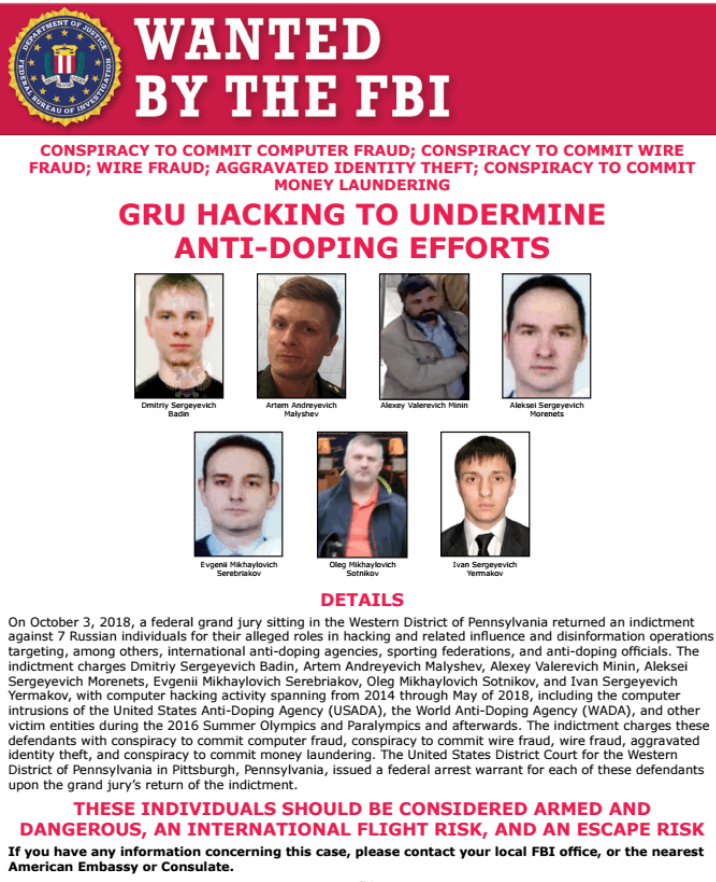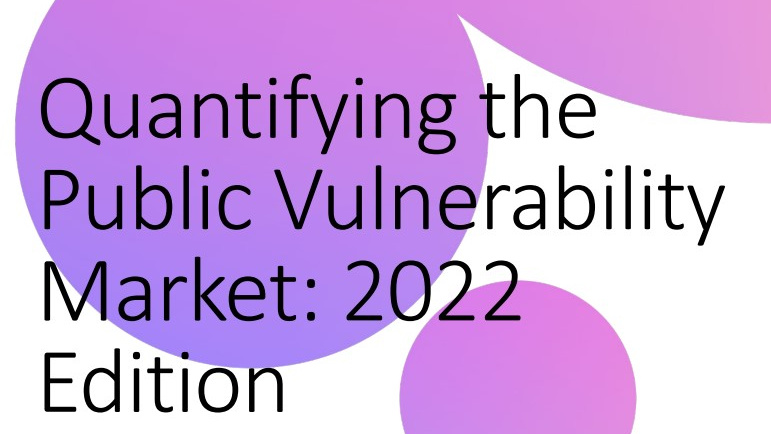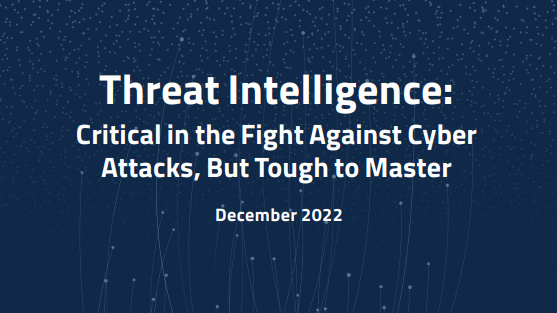The UK, US and Netherlands accuse Russia of cyber attacks
Russian spies have been accused of involvement in a series of cyber-plots across the globe


The UK, US and the Netherlands have accused Russia of being responsible for a spate of global cyber attacks, with seven people being charged by the US.
The charges against the seven include conspiracy to commit computer fraud, conspiracy to commit wire fraud, aggravated identity theft and conspiracy to commit money laundering.
Four the seven were the men expelled from the Netherlands having after being caught attempting a cyber-attack on the headquarters of the international chemical weapons watchdog, which was disrupted by Dutch military intelligence.
The hack was thwarted with the aid of British intelligence officials and on Thursday the UK government accused the Kremlin of violating international laws with "indiscriminate and reckless cyber attacks".
The NCSC said it has assessed with high confidence that the GRU has almost certainly been conducting attacks under various aliases, such as Fancy Bear, Sednit and APT 28.
The NCSC has blamed the GRU for attacks such as the 2017 WADA email leak, which saw the identities of 28 football players who had received a Therapeutic Use Exemptions (TUEs) released online.
The Kremlin has also been accused of the 2017 'Bad Rabbit' ransomware that encrypted hard drives and rendered IT inoperable, resulting in mass disruption to services including the Kyiv metro, Odessa airport, Russia's central bank and two Russian media outlets.
Get the ITPro daily newsletter
Sign up today and you will receive a free copy of our Future Focus 2025 report - the leading guidance on AI, cybersecurity and other IT challenges as per 700+ senior executives
The NCSC also said, with high confidence, that the Kremlin was also responsible for hacking the Democratic National Committee (DNC) in 2016, which also affected the US presidential election of the same year.
Now, Seven Russian government operatives have been charged by the FBI with hacking into the computer networks. According to the indictment, starting in 2014, the defendants, who worked in for the GRU, engaged in "persistent and sophisticated criminal cyber intrusions".

The seven men appear on a wanted poster released by the FBI
In the past week, the Fancy Bear group has been implicated as being responsible for a series of attacks on government entities using the 'LoJax' malware, a new strain that exploits the Unified Extensible Firmware Interface (UEFI) on modern computers and is almost impossible to remove.
SonicWall CEO Bill Conner, has previously advised both the UK and US governments on cybersecurity, has called for global cooperation to fight the growing threat of international cyber attacks.
"Whether it's elections, tariffs or natural disasters, countries currently tend to operate independently. However, the cyber landscape, with its non-existent borders and limitless boundaries, is forcing us to work together in new ways.
"The announcement by the UK government highlights a growing need for public and private sectors around the world to work together to detect, defend and dissipate the rising volume and ferocity of cyber attacks."
Bobby Hellard is ITPro's Reviews Editor and has worked on CloudPro and ChannelPro since 2018. In his time at ITPro, Bobby has covered stories for all the major technology companies, such as Apple, Microsoft, Amazon and Facebook, and regularly attends industry-leading events such as AWS Re:Invent and Google Cloud Next.
Bobby mainly covers hardware reviews, but you will also recognize him as the face of many of our video reviews of laptops and smartphones.
-
 Bigger salaries, more burnout: Is the CISO role in crisis?
Bigger salaries, more burnout: Is the CISO role in crisis?In-depth CISOs are more stressed than ever before – but why is this and what can be done?
By Kate O'Flaherty Published
-
 Cheap cyber crime kits can be bought on the dark web for less than $25
Cheap cyber crime kits can be bought on the dark web for less than $25News Research from NordVPN shows phishing kits are now widely available on the dark web and via messaging apps like Telegram, and are often selling for less than $25.
By Emma Woollacott Published
-
 Three ways to evolve your security operations
Three ways to evolve your security operationsWhitepaper Why current approaches aren’t working
By ITPro Published
-
 Beat cyber criminals at their own game
Beat cyber criminals at their own gameWhitepaper A guide to winning the vulnerability race and protection your organization
By ITPro Published
-
 Quantifying the public vulnerability market: 2022 edition
Quantifying the public vulnerability market: 2022 editionWhitepaper An analysis of vulnerability disclosures, impact severity, and product analysis
By ITPro Published
-
 Same cyberthreat, different story
Same cyberthreat, different storyWhitepaper How security, risk, and technology asset management teams collaborate to easily manage vulnerabilities
By ITPro Published
-
 Business value of ServiceNow security operations
Business value of ServiceNow security operationsWhitepaper Experience transformational gains from automating workflows and data-sharing among IT, security, and risk teams to rapidly remediate threats
By ITPro Published
-
 Cybercriminals are resilient. How about you?
Cybercriminals are resilient. How about you?Whitepaper Stay ahead of those agile bad actors
By ITPro Published
-
 Threat Intelligence: Critical in the fight against cyber attacks, but tough to master
Threat Intelligence: Critical in the fight against cyber attacks, but tough to masterWhitepaper Discover why many claim Threat Intelligence is extremely important in protecting their company and data
By ITPro Published
-
 State of ransomware readiness 2022
State of ransomware readiness 2022Whitepaper Reducing the personal and business cost
By ITPro Published